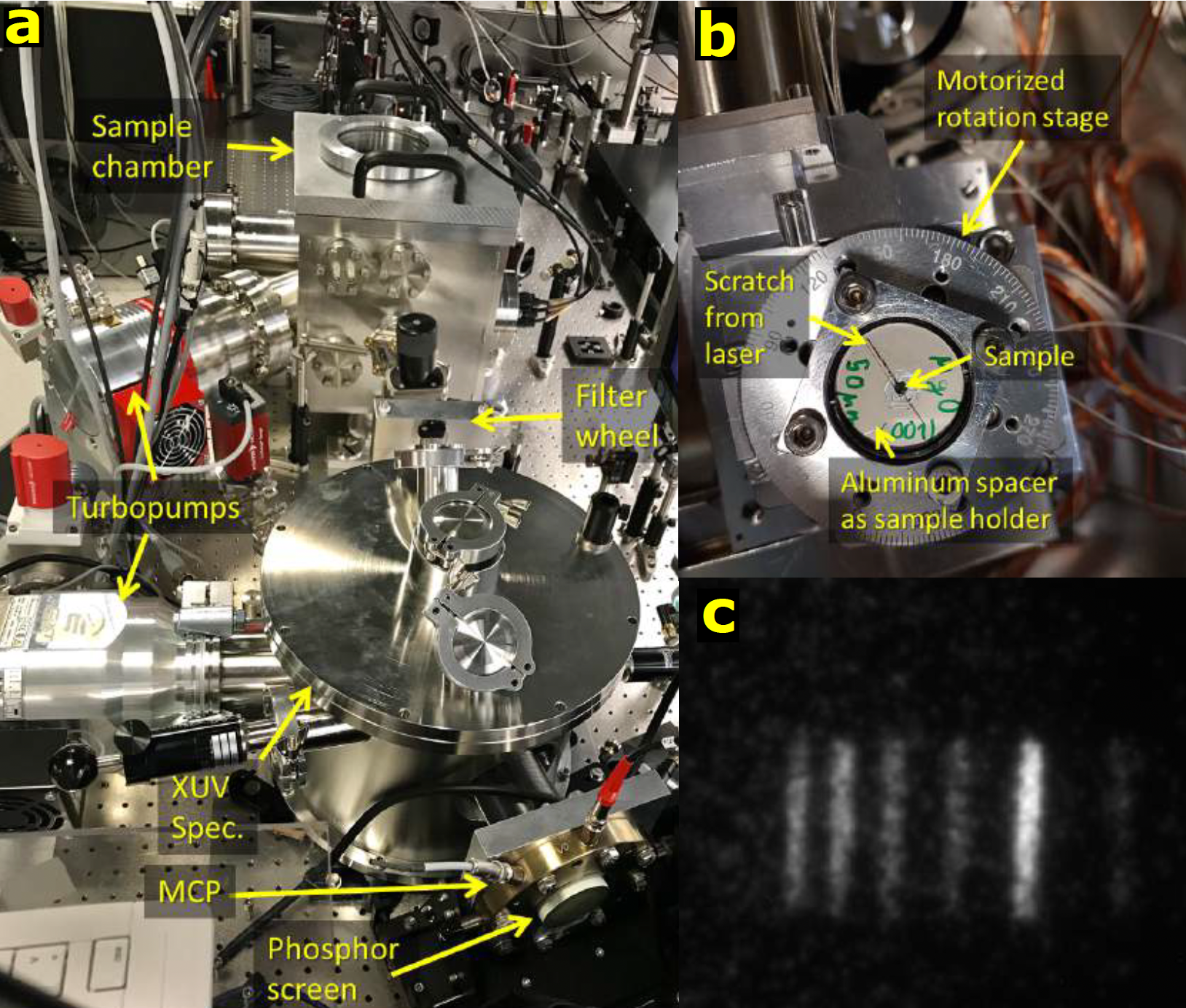Lost & found
In my teens, I spent most of my time with computers. Playing games, doing eSports commentary before anybody has ever heard of Twitch, but also building websites and other stuff like that.
Nevertheless, I decided to study Physics instead of computer science because I found it more powerful to learn about our attempts to understand the world rather than our attempts to modify it. I've had almost no exposure to Physics in school due to bad teachers and low personal interest. But eventually, I managed to get through my studies. I even decided to do a PhD, also because I had no clue what else to do with my life.
I felt never really at home in physics. I always was the clumsiest person I knew, constantly breaking things and throwing glasses full of drinks off the tables. Can you imagine me in a lab handling expensive equipment? I decided to go into experimental physics precisely because I was clumsy. I think it was a good decision. It definitely was a slower route to success, but I am less clumsy now. Maybe it’s because of the time I spent setting up vacuum chambers and handling micrometer-thin crystalline samples.

New beginnings in a hotel room in Szeged
I was successful during my PhD. I discovered some weird behaviour when strong laser pulses interact with crystals, which is kind of the dream when you are doing research. This got me a paper in a high-impact journal that is still being cited today. The results were backed by fancy simulations of a colleague of mine, but somehow they were so fancy and complicated that I hardly understood them.
Anyways, I rarely admitted that and got to present the findings at several scientific conferences. One day, at a conference in Szeged, I saw a talk that sparked a thought: I should really try my own theoretical explanation of my measurements. It was a bold thought, as I was officially an experimentalist, and experimentalists measure, they don’t explain. What followed was perhaps the greatest turning point of my life so far, starting in a hotel room in Szeged during an afternoon conference session I skipped.
I wrote my own scientific simulations. I took baby steps, as I had forgotten everything I knew about programming - which has also never been a lot. But I got addicted to it, and I couldn’t stop. Lots of months and for-loops later, I arrived at a point where I could explain my own experiments with the outcome of my own MATLAB code. A powerful feeling that got me another paper, and I could finally explain at least part of the weird behaviours that I kept measuring.
Trajectories that intersect
Well, well. Physics was good to me, it taught me a way of thinking and the five years I have spent in actual research did teach me a lot about how to analyse data, how to organize, getting an intuition about how likely particular outcomes are, and how likely it is to be flawed by wishful thinking (which is a permanent companion in research).
Also, don't be fooled by a "success" story. There was a lot of blood & sweat and tears and moments I wanted to quit. Also, constant doubts about what I was doing, as I was doing research in an area that I found interesting but that, one could argue, is not very interesting, or even useful, to the rest of the world. Maybe in 20 years, but not now. Weird feelings.
And to be perfectly honest, the greatest outcome of my PhD was neither the discovery than any of the aforementioned traits I attained. I feel more and more that the greatest outcome of my PhD was that I got to re-discover my love for programming. In the 10 years I spent with physics, I never felt as empowered as in my very last year, when I wrote the simulations. It was clear to me that there was no turning back.
I have a lot to learn and things that are basic for people more acquainted with computer science, are often times mysteries for me. But choosing the more difficult route is nothing new to me. Ever since that moment in a hotel room in Szeged, I have been trying to maximize the time spent in front of a code editor. And that's what I've been doing since.